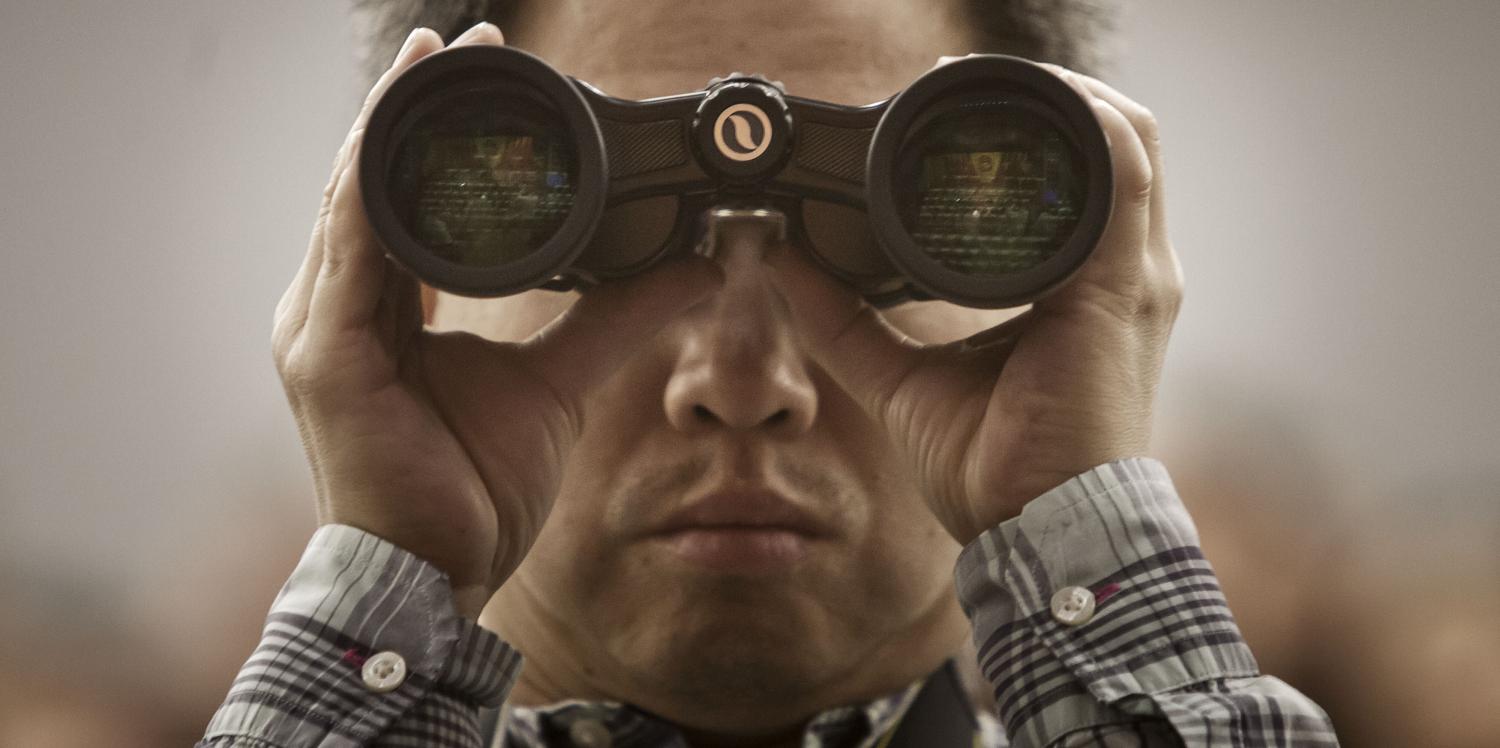Last Wednesday the annual 'Two Meetings' in Beijing came to an end. At the start of March each year, members of the National People's Congress (NPC) and the Chinese People's Consultative Political Conference assemble in the grand Great Hall of the People.
Every year the Two Meetings give some theatricality and visibility to the usually opaque world of Chinese politics. The running of China is conducted deep within inaccessible leadership compounds – the Two Meetings is one of the few occasions, alongside Party Congresses or Plenums, when government and Communist Party officials appear to gather in a place to get information and then make decisions.
Whether the NPC, the one entity that seems at least on paper to have executive decision-making powers, does in fact make any meaningful decisions is a moot point. A reporter in the 1990s in China wrote that it was simply a rubber stamp entity. For this she was rewarded with a jail term.
The NPC in 2017 typifies all of those that have preceded it since the early 1990s. Unlike Western multi-party systems, where leaders try to generate public interest through tactical announcement of new initiatives, surprise is not emphasised in Chinese politics: conveying solid sense of stability and control is. The less surprised observers are and the more they come away from any particular NPC meeting with a sense that the Chinese Government has all the bases covered and in total control, the better, as far as Chinese leaders are concerned.
This year's NPC plenary session, however, was notable for three reasons. The first and most striking is how high levels of instability and uncertainty in the outside world, from the Trump Administration in the US to the turmoil that has beset Europe over the last couple of years, are influencing Chinese political rhetoric. Chinese leaders can now say with real feeling that the international situation is worrying and unclear, giving unprecedented weight to their demands for control and prudence to ensure China stays on a stable path. The Government really is carrying a far larger global burden on climate change, global growth and free trade.
Second, this year's NPC meeting occurs before the 19th Party Congress, one of the five-yearly meetings for the Communists who are in charge, which will convene towards the end of this year. That meeting is likely to mark a consolidation of the Communist Party General Secretary Xi Jinping's powers; this political meta-narrative underlines much of the discussion in the various NPC sessions. In his Report on the Work of the Government (the most important overall statement), Premier Li Keqiang referred to Xi Jinping as the 'core of the leadership', using terminology instituted late last year. He did this right at the start of his two-hour speech, and returned to it at the end. Xi Jinping's role as core leader was linked to the need for Party discipline, loyalty and unity, one of the most important themes of the Xi era. The NPC, for all its discussion about details of policy making, is intimately tied to this. Like everything else, it is an instrument to do the one thing that must be done – make one-party rule sustainable.
Finally, there is the micro-detail. On this, we have a disconnect between great expectations and less dramatic but still impressive delivery. Growth in 2016 was an acceptable 6.7%, and a target of 6.5% has been set for 2017. New job creation has been positive. Services are now over half of economic activity. Consumption has apparently risen. And figures for innovation have been good.
But all of this is in some senses peripheral. The Xi leadership lacks an overarching, compelling message for what its vision of reform actually is. Under Xi, the Party promised in 2013 that markets would have a 'decisive role'. Li this year said the process of streamlining administration and delegating power continues. People are apparently being empowered to buy houses, create companies, and get better social welfare and healthcare. Despite this, when one looks at the evidence, the reality is still vague. Real partnerships between the state and non-state sector remain rare, the central government still has the upper hand, and the question of how to pay for a vast new healthcare sector when there is simply not enough money (and with China's massive demographic challenges looming over everything) is still no closer to an answer.
The NPC message that China knows where it is going, has a plan, is calm, and is able to get things done has become predictable. This year, of course, that message is as relevant as ever before, not only to China but the outside world. For those digging a little deeper, the worry is that this year called for something more than just asserting constantly that all is well. Unfortunately, no such compelling voice came through. Perhaps this will come at the Congress later this year – we will just have to wait and see. But one thing we can be sure of is that hearing China's voice has never been more necessary to the outside world.

